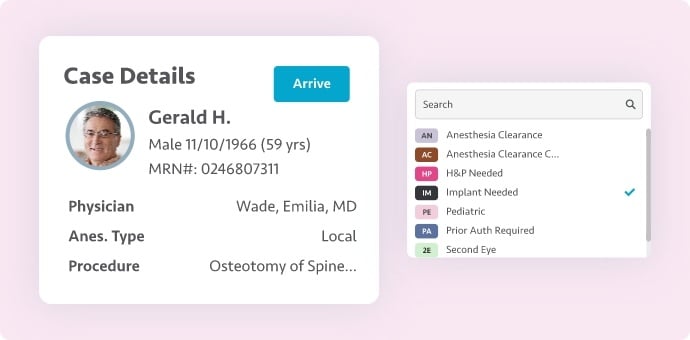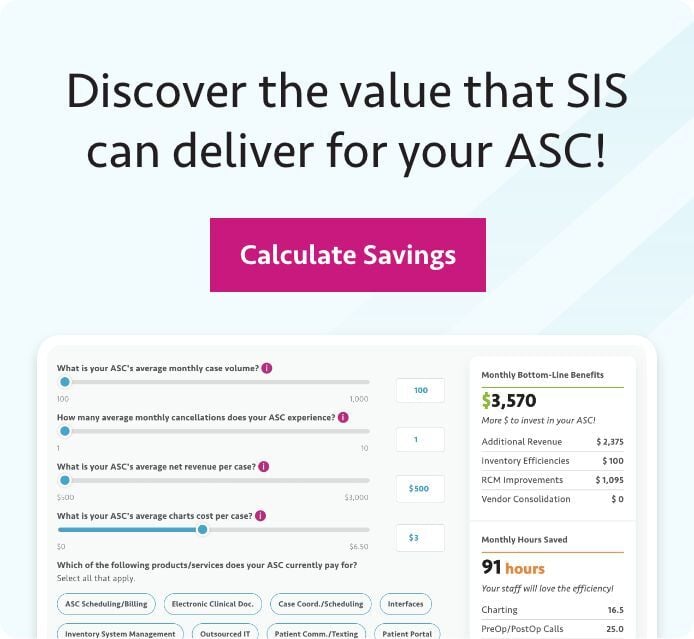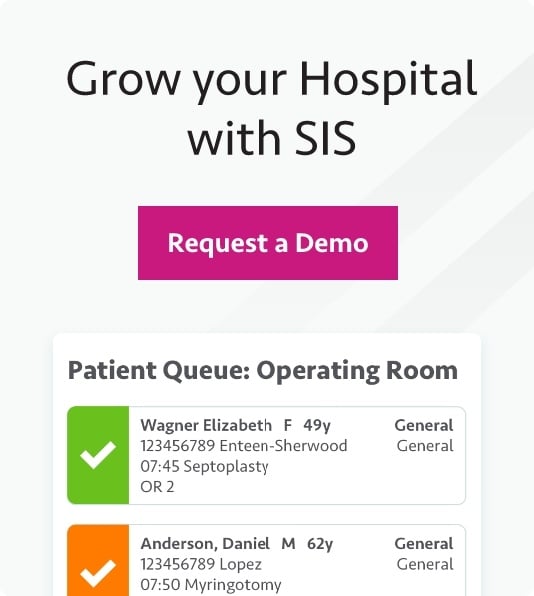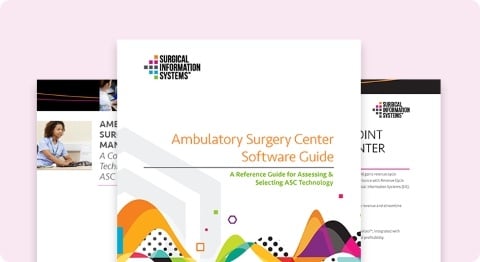
Patient financial responsibility after insurance is growing at a rapid rate and showing no signs of slowing down. With patients increasingly responsible for a greater portion of their healthcare costs, ASCs must effectively collect these higher amounts while factoring in the potential stress and distress patients may experience when learning of their personal expenses.
Follow these 10 quick tips to help your ASC more effectively collect from patients without hurting — or possibly improving — satisfaction with their surgical experience.
1. Engage Stakeholders
All members of your staff, including physicians, as well as the staff of your ASC's affiliated practices must understand the importance of point-of-service collections for your facility's financial viability and complying with payer requirements. This knowledge is imperative as staff need to know how to properly respond if patients complain about their balance
2. Consistently Follow Processes
Patient collections is like any task in an ASC: There should be a specific set of processes that dictate how the task is to be completed. Once those guidelines are implemented, staff should never deviate from them.
Failing to consistently follow processes could lead to problems. For example, let's say one patient says to another patient, "I am going to this ASC for surgery next week and they asked me for $1,000." If the other patient says, "I went there a month ago for the same surgery and they didn't ask me for any money," that may motivate the first patient to question why they have a balance and push back against your efforts to collect.
3. Work to Improve Processes
While consistently following processes is important, that doesn't mean that the first set of guidelines you implement should never change. Rather, in your efforts to improve collections, both the overall amount collected and patient satisfaction with the experience, improve your processes as well.
Consider setting goals. For example, perhaps you collected 70% of what patients owed this month. Next month, aim for 75%, then higher in the coming months. Evaluate your processes to identify opportunities to improve them and help you achieve this objective.
Putting a competitive and rewards structure in place may help. For example, if you have multiple team members splitting the responsibility to make outbound phone calls to patients concerning financial responsibility, challenge them to outperform their colleagues. Offer a reward to the most successful team member each month and a reward for the entire team when major milestones are achieved.
4. Ask Staff for Ongoing Feedback and Suggestions
When pursuing opportunities to improve patient collections, there may be no better source of insight and advice than those team members involved in collections efforts. Ask these staff to share what they have learned from their experiences. What do they think are the keys to successful collections and satisfied patients? What obstacles do they encounter that make collections more difficult and patients more frustrated or angry? Are there resources they believe would help them improve their job performance? Have they encountered any new challenges or questions from patients that should be shared with other members of the team?
5. Learn from Challenging Experiences
As collecting from patients has become more important, it's also become more difficult. ASCs will inevitably encounter obstacles with collecting, whether it be patients who insist that the figure they are told they owe cannot be correct or patients who call their surgeons to complain about their financial responsibility.
Whenever you encounter such a challenge, try to learn from the experience. Was there anything that could have been done to prevent the incident from occurring? What can be done to make addressing the issue easier for staff and/or patients in the future? Try to turn any negative experience into one that leads to a positive change.
6. Remember: What's Difficult for Some Patients May Not Be Difficult for Others
If you received a bill for $100 you weren't expecting, how would you react? To some people, a $100 expense would not be considered a significant amount of money. For others, spending $100 may be difficult to stomach. Staff should be trained to approach every patient encounter that concerns money with empathy and respond appropriately to the wide range of reactions they may receive from patients when discussing a bill.
7. Watch for Patient Warning Signs
As part of that training, staff should be educated on how to spot signs that a patient is uncomfortable with a situation and what to do when such discomfort is sensed or identified. That unease may show itself as stress, confusion, anger, or any other emotion that can create collections challenges. A warning sign may be verbal or physical. Adequate training can help staff more effectively defuse a stressful situation and improve collections.
8. Take Sensitive Conversations Private
Discussions about point-of-service collections should always be private conversations. Even if you think the amount of money you are requesting is not significant, you should not discuss the figure at your front desk in the events you are incorrect about your assumption. You can avoid the need for many such discussions by developing effective processes to collect from patients prior to them arriving at your facility on the day of surgery.
9. No Need to Accept All Credit Cards
While you may feel pressure to accept all types of credit cards so as to best accommodate as many patients as possible, you may be better served by not blankly accepting every brand. Some may carry high fees that can greatly cut into the profitability of procedures.
If you choose not to accept all credit cards, make sure this information is clearly conveyed to patients so there are no payment surprises.
10. Goal Should Be 100% Collections
While it may be difficult to collect every single dollar owed to your ASC by patients, strive to do so. After all, you likely collect all of what some patients owe you. Why can't you do that for all patients?
If your collections success rate is well below 100%, you may not want to aim for that figure right away, but you can certainly build toward it over time. I discussed the importance of "aiming high" for revenue cycle performance in a recent column on ASC key performance indicators. That advice applies just as well here.
For a deeper dive into optimizing your ASC's operations with technology, explore our comprehensive guide on ASC Management: A Comprehensive Technology Guide for ASC Administrators.




























